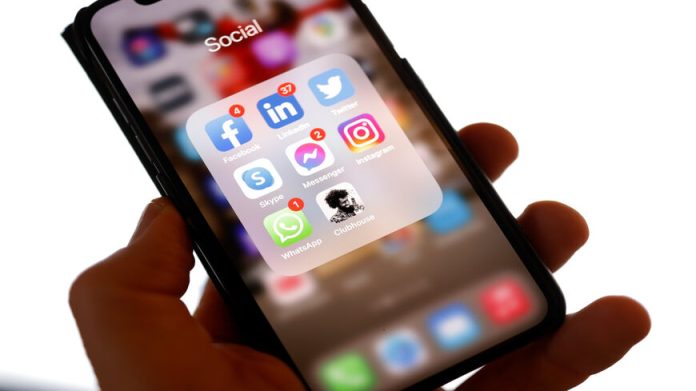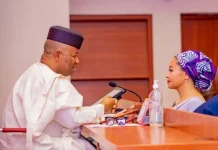Iran’s reformist government, led by President Masoud Pezeshkian, has lifted the ban on WhatsApp and Google Play, marking a significant step towards easing internet restrictions for the country’s 85 million citizens.
The decision, made during a high-level meeting chaired by Pezeshkian, overcame opposition from hardline factions within the Islamic regime, according to Iranian media reports.
Telecommunications Minister Sattar Hashemi called the move a milestone, writing on X: “Today, we took the first step towards lifting internet restrictions by demonstrating unity. This path will continue.”
This development follows Pezeshkian’s refusal to enforce a newly ratified hijab law that would have imposed harsher penalties on women not adhering to the Islamic dress code. His administration has also quietly reinstated dozens of university students and professors previously barred from academic positions, signaling a broader push for reform.
Iran’s Islamic regime is facing increasing internal and regional pressures, compounded by the unexpected collapse of the Syrian government under Bashar al-Assad, a key ally. Domestically, the government is struggling with economic difficulties and social unrest.
Hardliners argue that unrestricted internet access is exploited by adversaries, including the U.S. and Israel, to wage a “soft war” against the Islamic republic. However, reformists argue that excessive repression only fuels public dissatisfaction.
Pezeshkian, who won the presidency in July, campaigned on promises to improve economic and social conditions, emphasizing the easing of dress code laws and reducing internet censorship.
Despite long-standing restrictions on platforms such as X, Facebook, YouTube, WhatsApp, Telegram, and Instagram, Iranians have continued to access these services through widely available VPNs. Reformist politicians have criticized hardliners for profiting from the VPN market while enforcing internet bans.
Ali Sharifi Zarchi, a university professor recently reinstated by the administration, welcomed the lifting of the bans as a “positive and hopeful” development but warned that broader reforms are necessary. “It should not remain limited to these two platforms,” he said.












